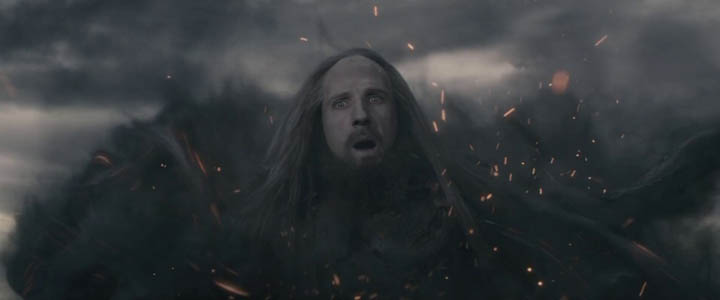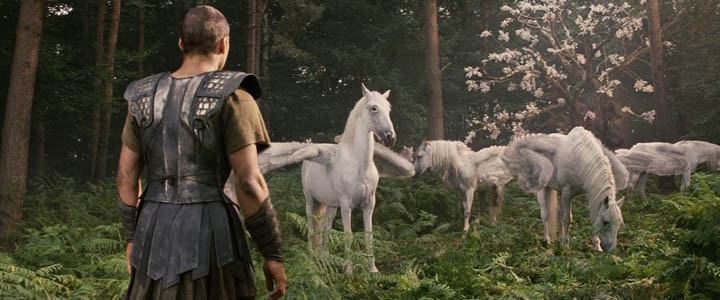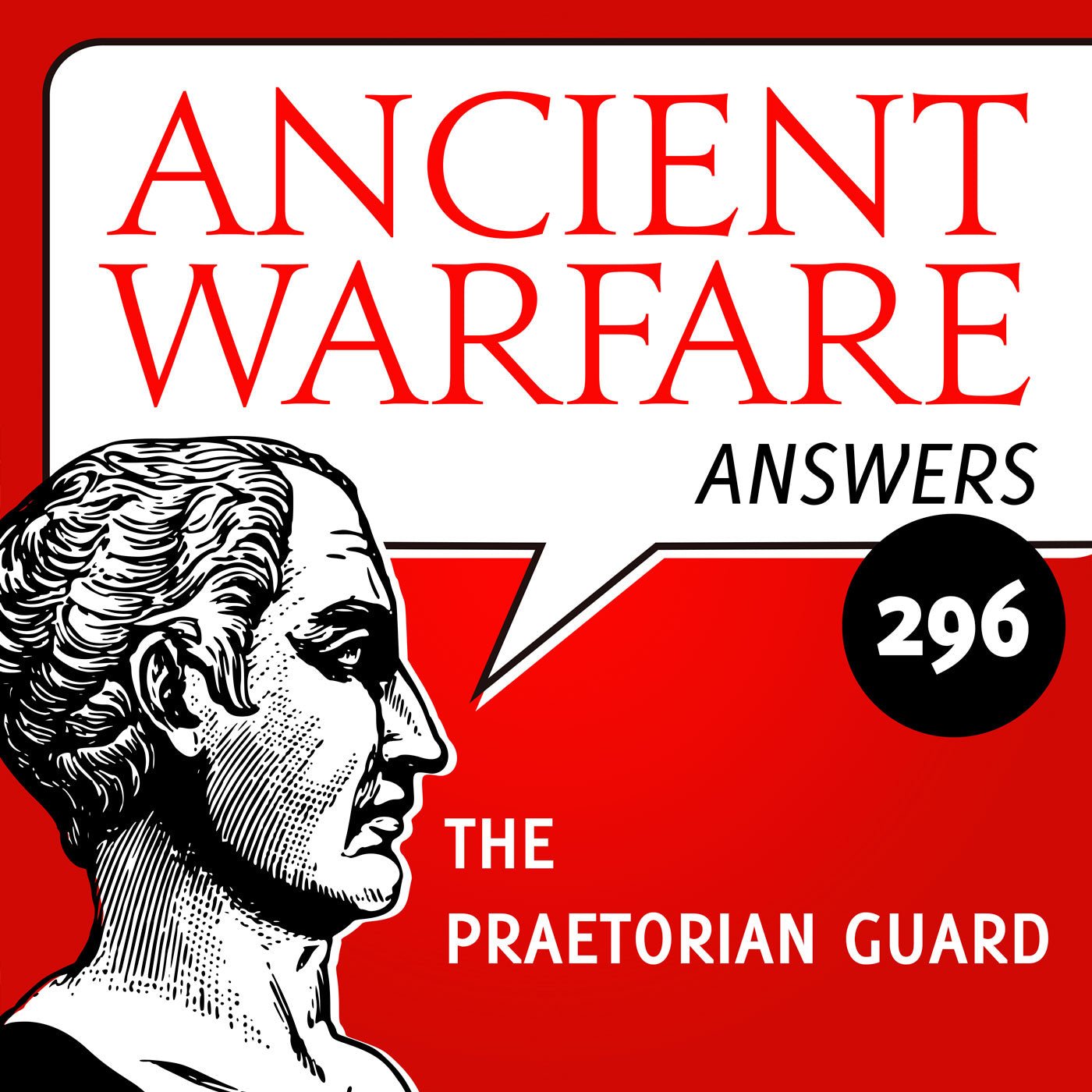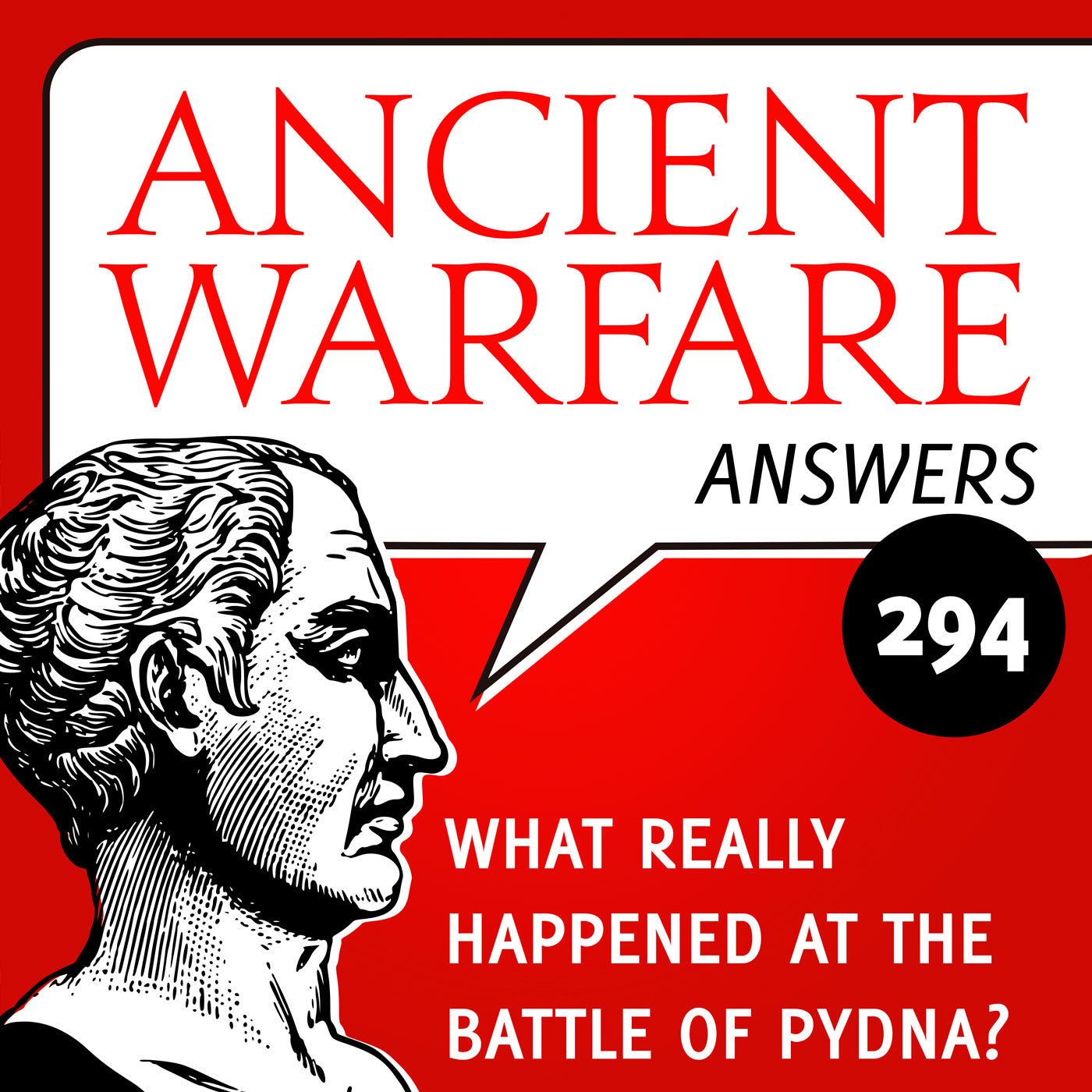Clash of the Titans (2010)
Last Monday, I discussed the original Clash of the Titans (1981), a slow-paced, muddled mess of a movie that is of interest only because of the special effects created by Ray Harryhausen. The news that Warner Bros. had decided to remake this movie for release in 2010 came as a bit of a surprise, but it makes sense since interest in films set in the ancient world was still fairly high (only a few years after 300, after all). Of course, studios also love remaking old movies that will be at least vaguely familiar to audiences, as they are easier to market than brand new properties.
The remake was directed by Louis Leterrier, who previously directed The Incredible Hulk (2008), and shoddily converted, at the last moment, to 3D. There is therefore no reason to watch it in 3D and if you did check it out in the cinemas back in 2010, I certainly hope you didn’t pay extra and just saw it in the traditional 2D format.
For the remake, the plot of the original movie has been almost completely rebuilt from the ground up. The opening of the film calls back to the end of the original, as a voice-over (Gemma Arterton, who plays Io, a character from a myth that is unrelated to the Perseus story) tells us that ‘The oldest stories ever told are written in the stars,’ with a proper reference to the Titans and the rise to power of Zeus, Poseidon, and Hades.
From his own flesh, Hades (Ralph Fiennes) created the Kraken to fight the Titans. Once the Titans had been conquered, Zeus tricked Hades and made him ruler of the underworld. Of course, none of this is based on Greek mythology and was invented purely for the movie. Io then explains that Zeus created mankind and that the prayers of humanity power the gods: there is nothing in Greek mythology or religion that suggests that this the case, but it’s a common trope in games and modern fiction (see the TV Tropes page on ‘Gods Need Prayer Badly’ for more).

This opening of the movie helps to set the stage. Mankind no longer believes in the gods and this has led to the Olympians slowly waning in strength. Indeed, a major plot element in the movie involves the fact that humans are struggling to free themselves from the gods and from religion, which has caused some reviewers to regard the movie as almost militant in its atheism. This is an important point for the character of Perseus (Sam Worthington), who despite being fathered by Zeus (Liam Neeson) wants nevertheless to succeed as a mortal man.
The movie doesn’t pull this off convincingly, since the plot still revolves around a demigod using magic equipment, a winged horse, and the severed head of Medusa to fight a sea-monster. (The movie has also been heavily recut and reshot, undercutting this part of the film even further; see below.) But it does provide some depth to the character of Perseus and at least gives the movie the appearance of being more than just a lot of special effects hurled against the screen.
Unlike the original movie, the remake’s plot generally moves along at a steady clip; the slowest parts are those wherein Io, as exposition-made-flesh, stops the movie to explain the plot. In any event, the chest with Danaë (apparently dead) and Perseus is discovered by a simple fisherman (Pete Postlethwaite), who is not called Dictys but instead is given the (modern!) Greek name of Spyros, which is quite silly. Evil befalls Perseus’ adopted family and they all drown in a series of events instigated by Hades. Perseus vows revenge.

For the remake, Hades has taken over the role of Thetis from the original movie as the main antagonist. I was inadvertently reminded of Disney’s Hercules (1997), in which Hades is also cast as the principal villain. In Greek mythology, of course, Hades usually doesn’t interfere in the affairs of either gods or men. The notion that he has an evil streak is largely informed by Christian notions about the devil, who similarly resides underground.
Hades heads to Olympus – which looks beautiful, by the way – and confronts Zeus, telling him that mankind no longer prays to the gods. The gods’ immortality is fuelled by prayer and Hades goads Zeus in having his way with mankind to ‘remind them of the order of things’. Unbeknownst to Zeus and the other gods, though, Hades’ real plan is to continue starving the other gods, since he derives his strength not from prayer, but from fear.
In the meantime, Perseus has ended up in Argos. There, Cassiopeia (Polly Walker) boasts that Andromeda (Alexa Davalos) is more beautiful than Aphrodite herself. At this point, Hades bursts in and wreaks havoc, promising that he will release the fearsome Kraken in ten days, which will destroy Argos unless they sacrifice Andromeda to the monster.

Perseus is revealed to be the son of Zeus and they demand he help them save Andromeda. Naturally, he resists at first, but eventually relents. In the meantime, Io (Gemma Arterton) pops up and reveals the nature of his birth. Danaë is here presented as the wife of Acrisius (rather than her daughter). Acrisius locks Danaë and Perseus into a chest and casts them into the sea, at which point he is struck by lightning and turned into Calibos, a character from the original movie and included here for some unfathomable reason (the plot really doesn’t need him).
Perseus becomes part of a small team lead by Draco (Mads Mikkelsen) to find a way to kill the Kraken. Two hunters, who are intended to provide some comic relief, join the party, only to leave the movie again well before the climax. I’ve never quite understood why these characters were introduced, especially not since Liam Cunningham, who plays one of the other soldiers, already provides all the comic relief necessary. Nevertheless, considering that the original movie was rather po-faced all the time, I do appreciate the attempots at inserting some levity into the proceedings.

The bulk of the movie features the adventures of Perseus and his compatriots as they find a way to kill the Kraken. Perseus is inexplicably aided by Zeus (see below) and Io. He is given a sword and also gets to ride the winged horse Pegasus, here presented as a black horse. As in the original movie, there is a fight against giant scorpions – here bigger than ever! – and they run into a race of wooden creatures referred to as the Djinn. Aside from the name, these are original creations for the movie and I am once again puzzled why they added these creatures to the movie: this movie would have been much better, in my opinion, if it had been more lean.
Eventually, Perseus ends up in an abandoned temple of sorts where he fights and defeats Medusa, now of course a computer-generated creature like the other monsters in the movie rather than a puppet. Cutting off the head of the monster, Perseus flies back to Argos in time to fight the Kraken, which he turns into stone by holding Medusa’s head out in front of him. Hades then appears and tells Perseus that he cannot be killed (‘I am a god! I live forever!’), at which point Perseus holds up his sword, which is struck by lightning sent from Zeus, and then throws it into Hades’ chest. The god of the underworld flies downwards, plunges into the sea, and falls through a crack in the earth that is conveniently sealed shut behind him.

The performances in this movie range from bland (especially Sam Worthington and Gemma Arterton) to solid (e.g. Mads Mikkelsen) and even inspired (I really liked Liam Cunningham in this). A special mention should go to both Liam Neeson and Ralph Fiennes, who both seem to be having a good time with the movie, and Fiennes in particular seems keenly aware of the kind of movie that he’s in. The chemistry between Neeson and Fiennes is excellent, and it’s not surprising that they focused more heavily on these actors c.q. characters in the sequel.
The movie looks great, even though the costumes and sets are typical Hollywood fare. The cinematography gives the entire movie a slightly golden hue, which has been typical of films set in ancient times since the release of Ridley Scott’s Gladiator back in 2000. The special effects are also great and may well stand the test of time better than the Ray Harryhausen effects from the original, even if they sometimes veer into videogame territory.

Still, the finished film is a bit of a mess. As can be deduced from simply watching the final product, this remake of Clash of the Titans was heavily edited and a lot of the film was reshot after production was initially wrapped up. Devin Faraci wrote an extensive article on the reshoot, which also shines light on what the original version of the film must have been like.
Originally, Zeus was much more of an antagonist to Perseus, but reshoots turned him into a slightly schizophrenic dad who was, overall, kindly disposed towards his illegitimate son. All the other gods were largely cut from the final film, whereas they first had more prominent roles. Perseus was supposed to end up marrying Andromeda, but this was changed eventually so that he got together with Io, with whom he had spent a great deal more time together on screen.
By way of an example, here’s how the film was originally supposed to have ended, which contrasts quite heavily with the happy father-son reunion shown in the final cut of the film:
Nevertheless, this movie is still infinitely more watchable than the dull original. If you just want to watch a popcorn adventure movie set in a sort of fantasy ancient Greece than this will do just fine. The sequel to this movie, 2012’s Wrath of the Titans, is in my opinion stronger, especially as far as plot and characterization is concerned, while at the same time moving even further away from the source material and ancient Greek attitudes towards the gods themselves. But more on that next week.




